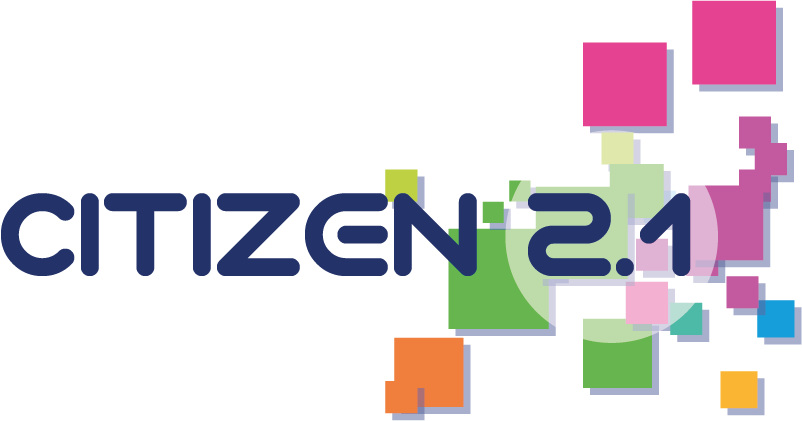Digital tools for education and training

French overview of digital education, “Etats Généraux du Numérique”
From October to November 2020, the Etats généraux du numérique pour l’éducation (EGNE) followed the particular context of the first confinement. The need for a collective reflection on the use of digital tools in schools became apparent, as they had demonstrated their importance in the context of educational continuity.
This is why all the actors in the educational community – pupils, parents, teachers, supervisory staff, agents, etc. – local authorities, associations and companies in the digital sector that are partners of the school were invited to contribute to the debate, to formulate concrete proposals and thus to draw up a shared vision of digital education.
In the Bourgogne-Franche-Comté Academic Region, 22 territorial meetings brought together 467 participants, some of them online, and provided 132 feedbacks. All the contributions helped to feed and enrich the national debate with the strengths and specificities of our territories.
The purpose of this intervention was to present this original operation of physical and digital consultation, national and territorial, of all the school partners in order to identify areas for improvement inherent in digital education.
Speaker : Nathalie Bécoulet, Regional Delegate for Digital Education, DRNE
Presentation of Silva Numerica
A video demonstration of the Silva numerica forestry simulator, designed with the help of teachers, pupils and cognitive science research, was shown during this time. The presentation of this video was completed by the intervention of Michel Guyot, Silva numerica project manager, who was able to explain the context and purpose of the project and answer the participants’ questions.
The Silva Numerica project aims to develop an educational virtual environment (EVE) simulating the forest environment (species, topography, etc.) to provide tools for agricultural education and forestry training. This virtual educational space could then be transferred to other sectors, for example the wine industry. The project includes a study of the pedagogical added value for teaching and learning to secondary school pupils and students the concepts related to the understanding and management of a living ecosystem (management of forest stands and forestry work sites, etc.), carried out by researchers in cognitive sciences and professional didactics. The use of the EVE Silva Numerica should enable pupils and students to construct systemic and dynamic representations of forest areas and to understand the consequences of human choices and interventions on these living and complex ecosystems.
► go to the Silva numerica website
Speaker: Michel Guyot, EPLEFPA of Besançon, DRNE
Inventory report of best practices in Vocational Education and Training
In our vocational streams, digital technology represents both a professionalization objective and a training object. The question that arises is the particularity of the vocational track in the use of digital technology.
Through this video, M BERTRAND exposes the different practices of digital technology in the vocational track through four angles which are :
- Digital, work experience and technical platforms
- Digital and alternating education
- Digital technology and assessment of professional skills
- Welcoming heterogeneous audiences
Speaker: Mr Laurent BERTRAND, IEN – Economics and Management “Retail Tertiary”, “Security”; Dean of the college of IEN ET-EG-IO; “Cordées de la réussite” Academic Referent
Presentation of the Webradio at LP Diderot
Presentation of an educational scheme of co-intervention by the project’s teachers.
This practice of web radio allows students to develop cross-curricular and technical skills. This project also illustrates the integration of several disciplines via a common medium. It offers learners a new perspective on these disciplines.
Speakers: Nathalie DYSLI (head teacher); Didier Mirra, Patrick Febvay, Nasreddine Zghari, Eric SZUCHENDLER (teachers)
Round Table on Informal Skills
The skills required by the use of digital tools go beyond technical skills → transversal skills. The latter, provided that they can be observed and even evaluated, can constitute levers for action to better train pupils.
M Croissant presented to the partners the research carried out on this topic in order to establish prescriptions on the use of digital tools.
Speaker: Lionel Croissant, Deputy Headmaster of the Lycée des Métiers du Bois
Summary of the approach on Day 1:
- Expression of needs / steering assistance
- Innovation
- Contextualisation
- Example of field practice
- Skills
Areas for reflection arising from the exchanges:
- Pedagogies based on digital tools allow for original forms of evaluation → autoscopy / heteroscopy, webradio, webtv
- The use of digital tools in education allows to implement hard but also soft skills.
- Informal skills, because of their transversality, constitute an axis of reflection likely to link the interests of the various Citizen partners in a common approach.
- Digital tools, because of their technicality shared with the students, can allow the teacher to adopt a more horizontal posture and focus on support.
- Projects based on digital technologies require additional motivation from teachers. It is therefore preferable that ambitious projects such as the web radio come from the educational team. → success factor.
- The use of digital technology, such as the web radio, can stimulate students’ interest and motivation.
Themes identified:
- Assessment and digital tools
- Competence frameworks / 21st century skills / Cross-curricular competences
- Teacher’s posture
- Criteria for the success of projects
- Motivation of learners
Review
From the expression of needs to the final goal of acquiring formal and informal skills, this first day aimed to cover, in the broadest possible way, the various challenges of digital education in the context of vocational training.
